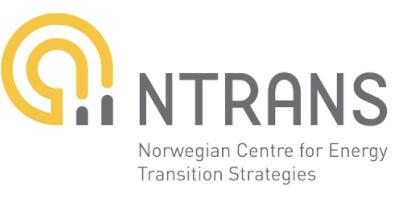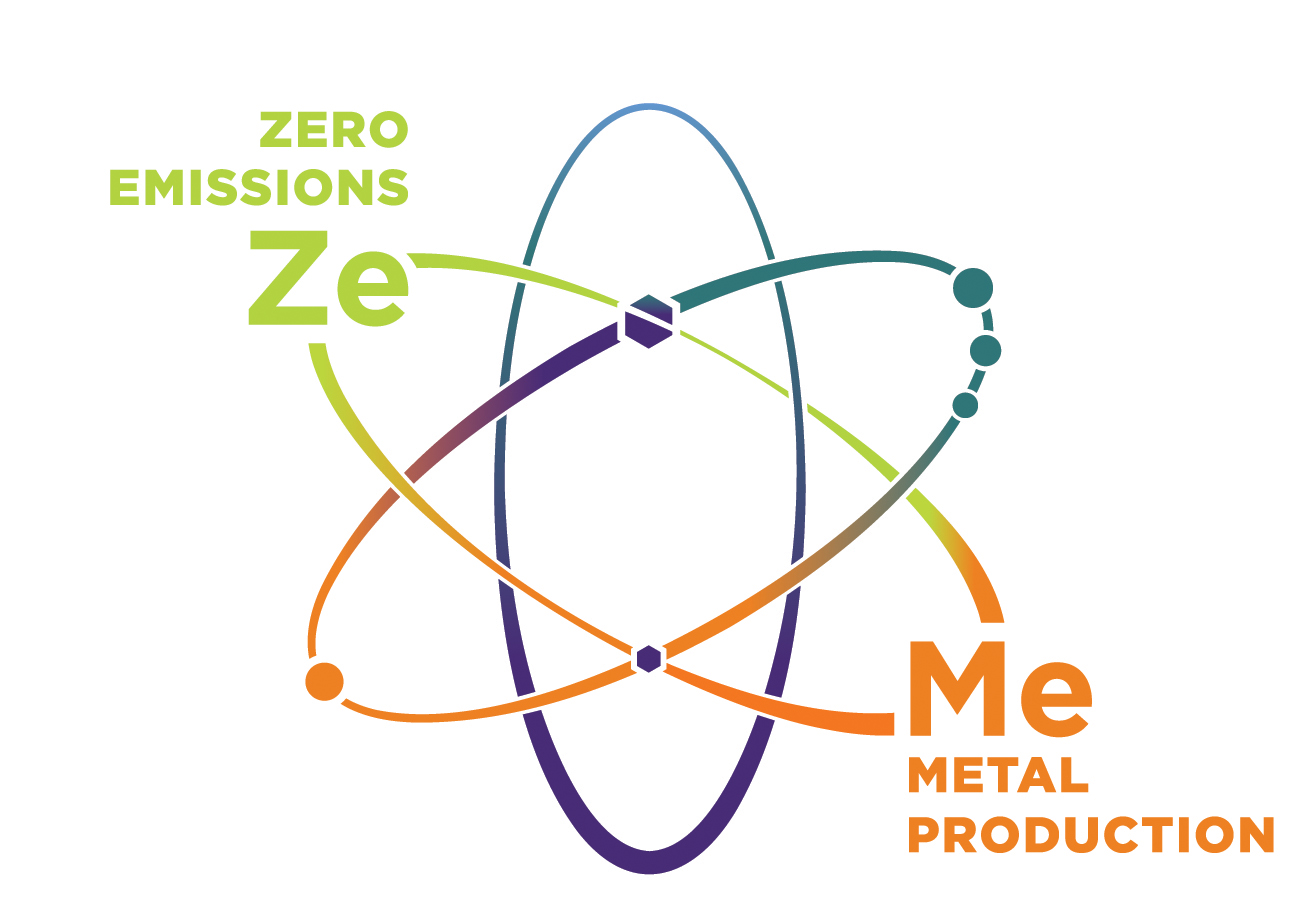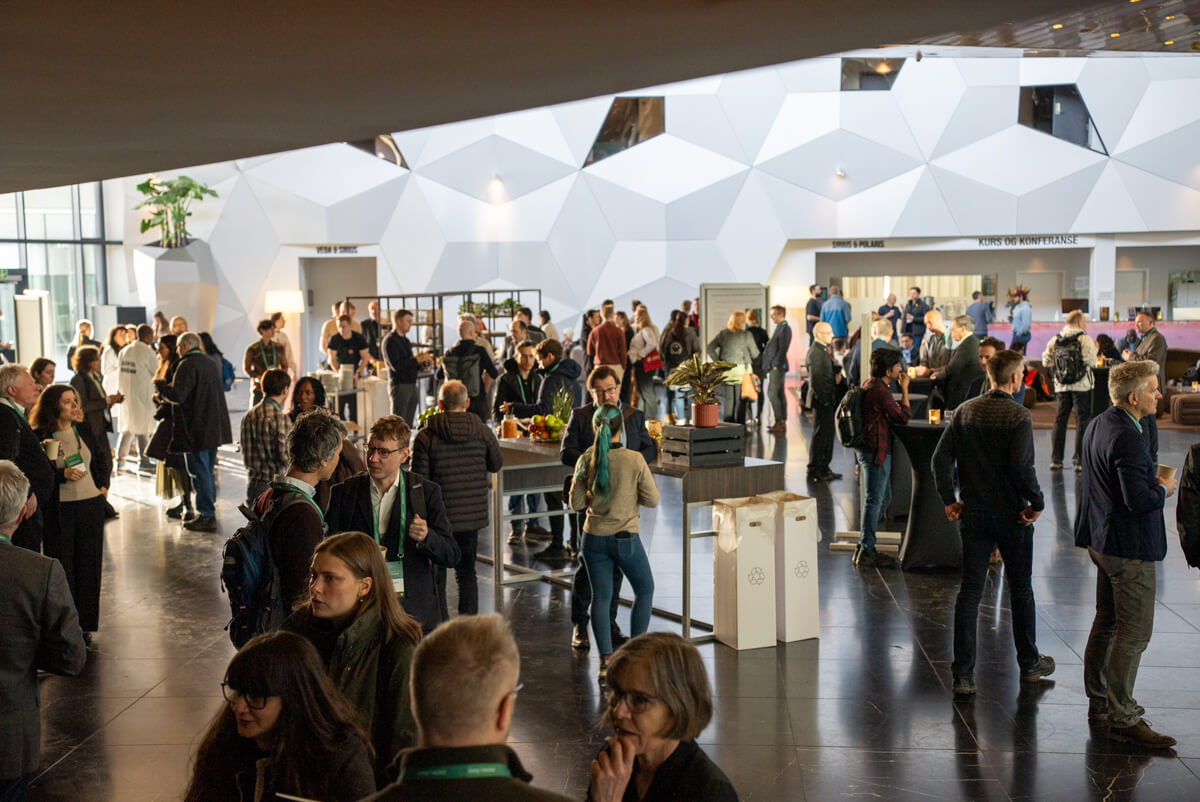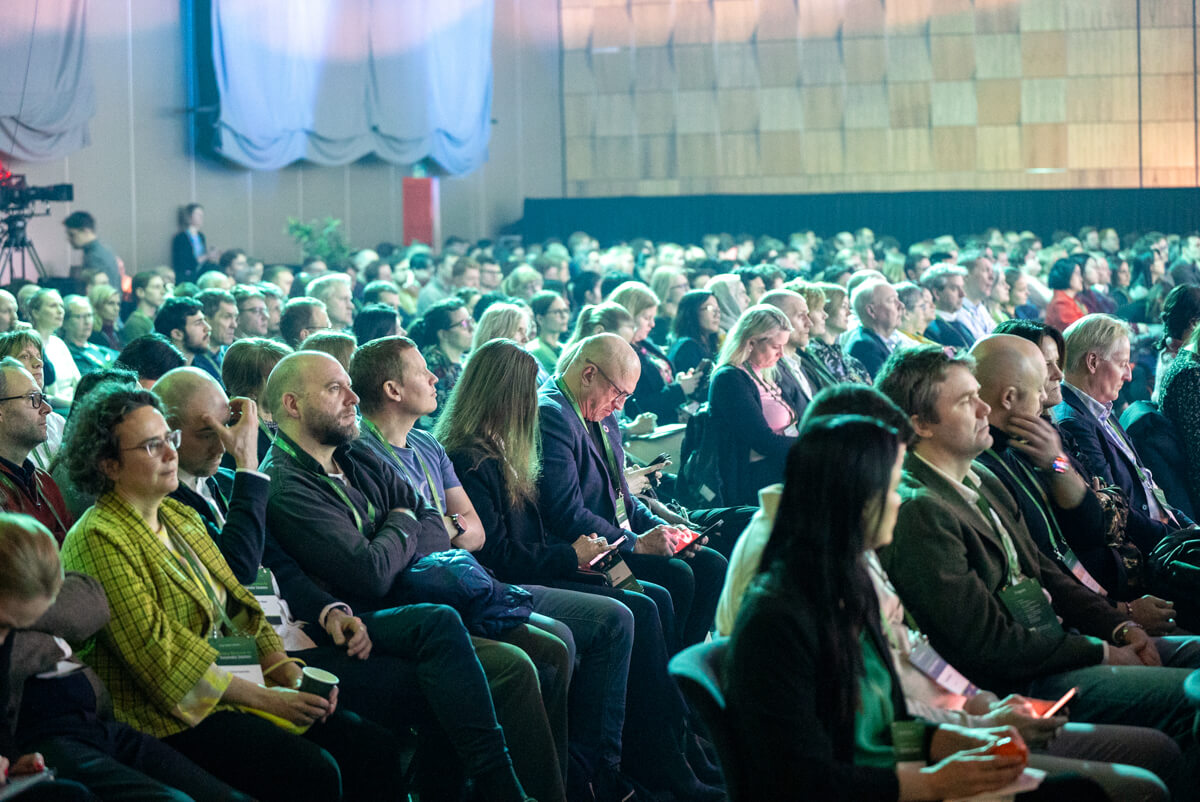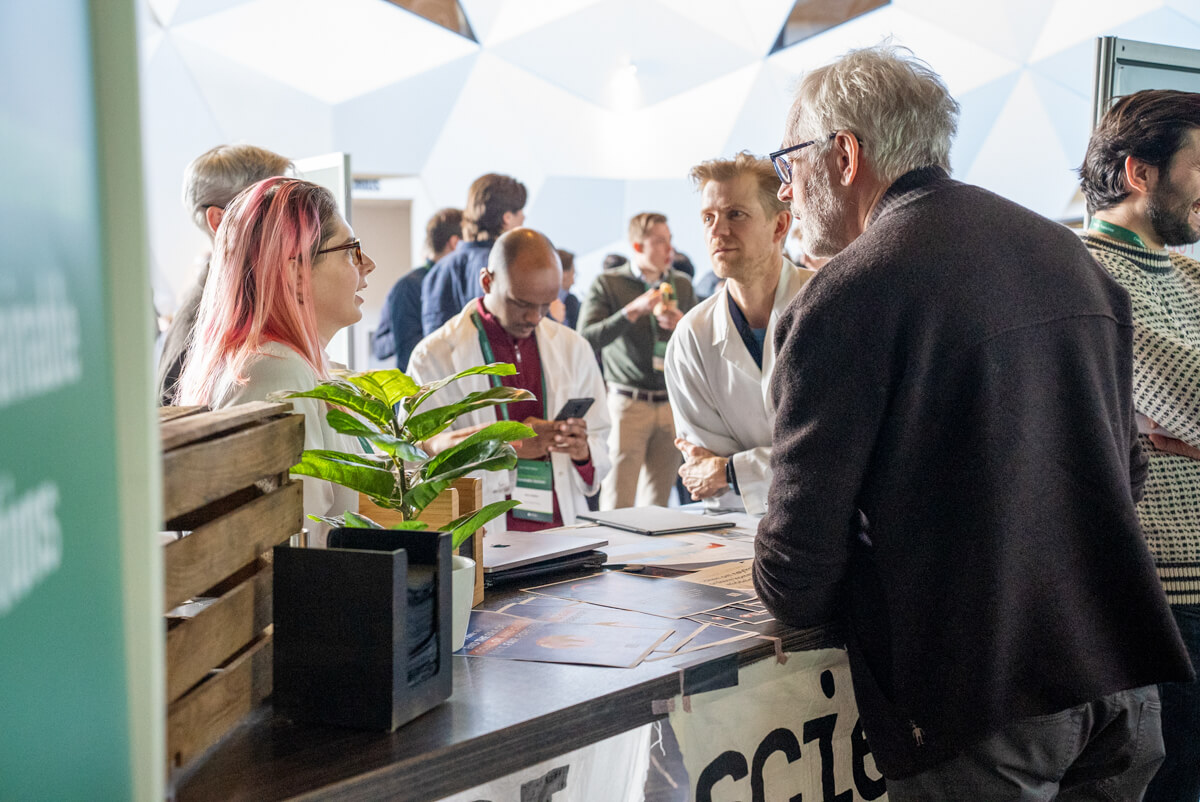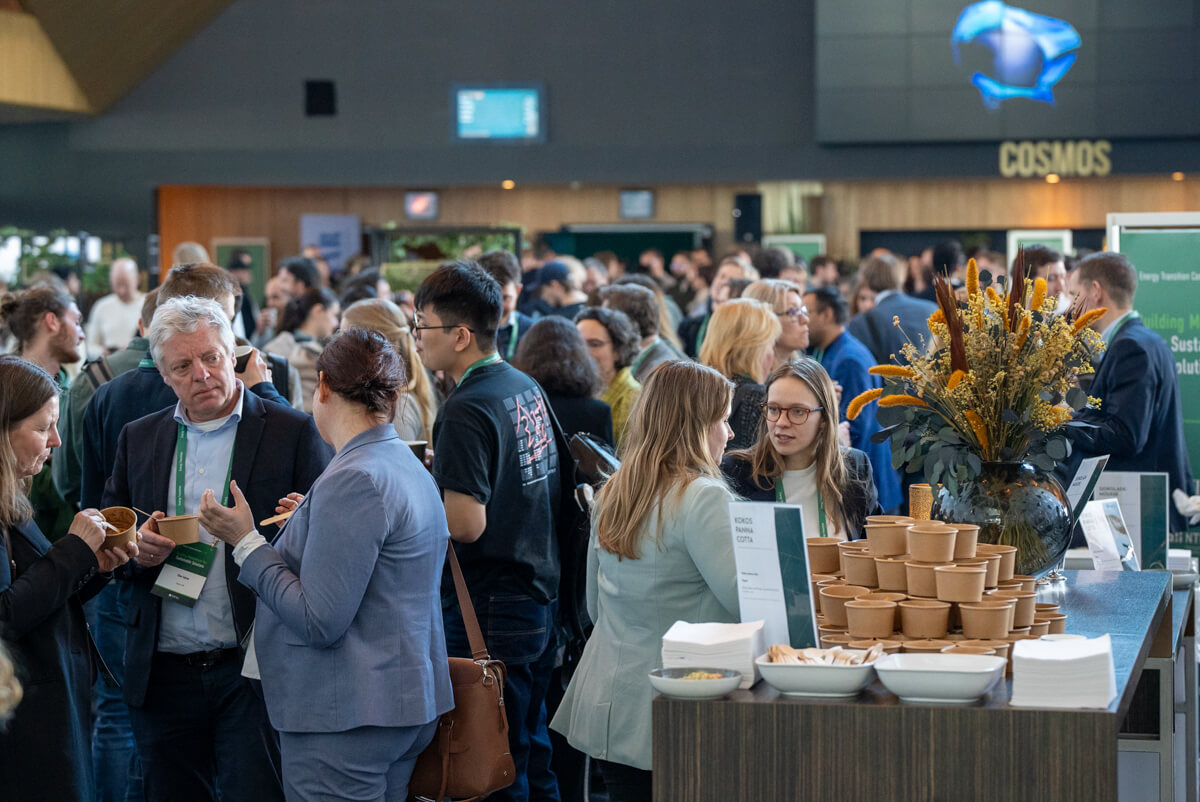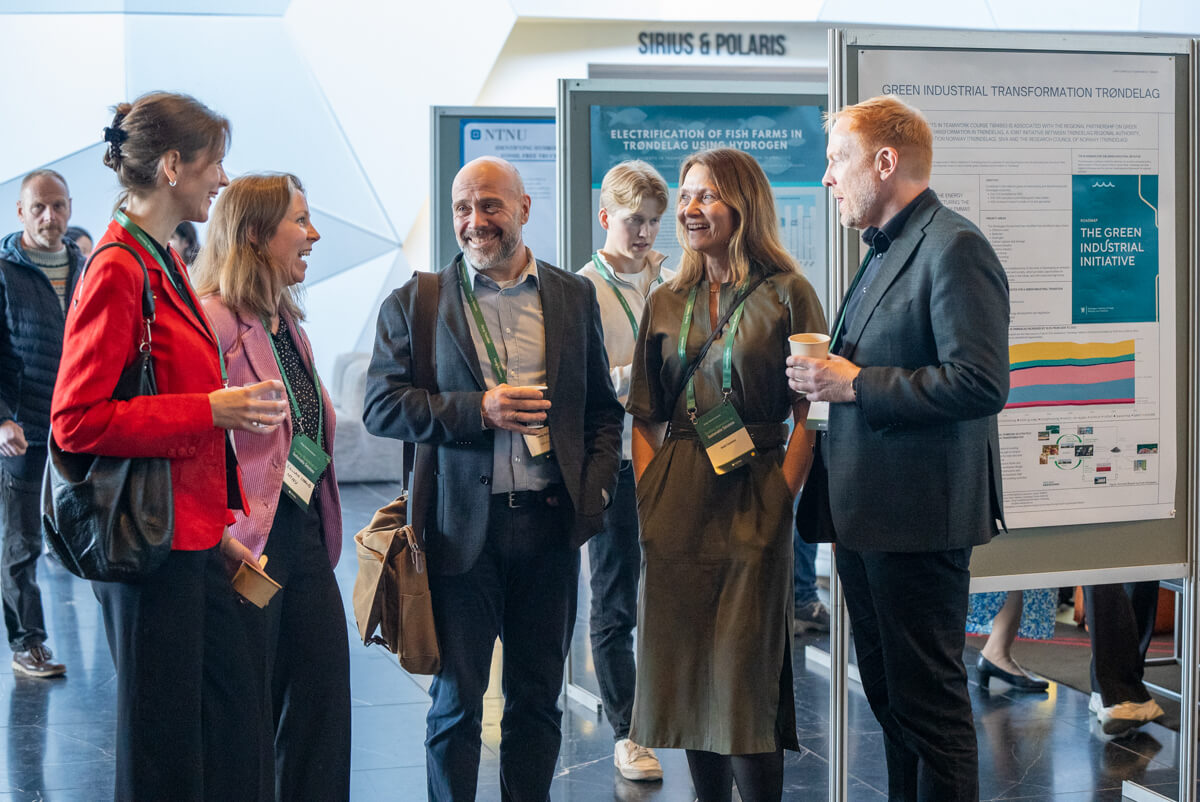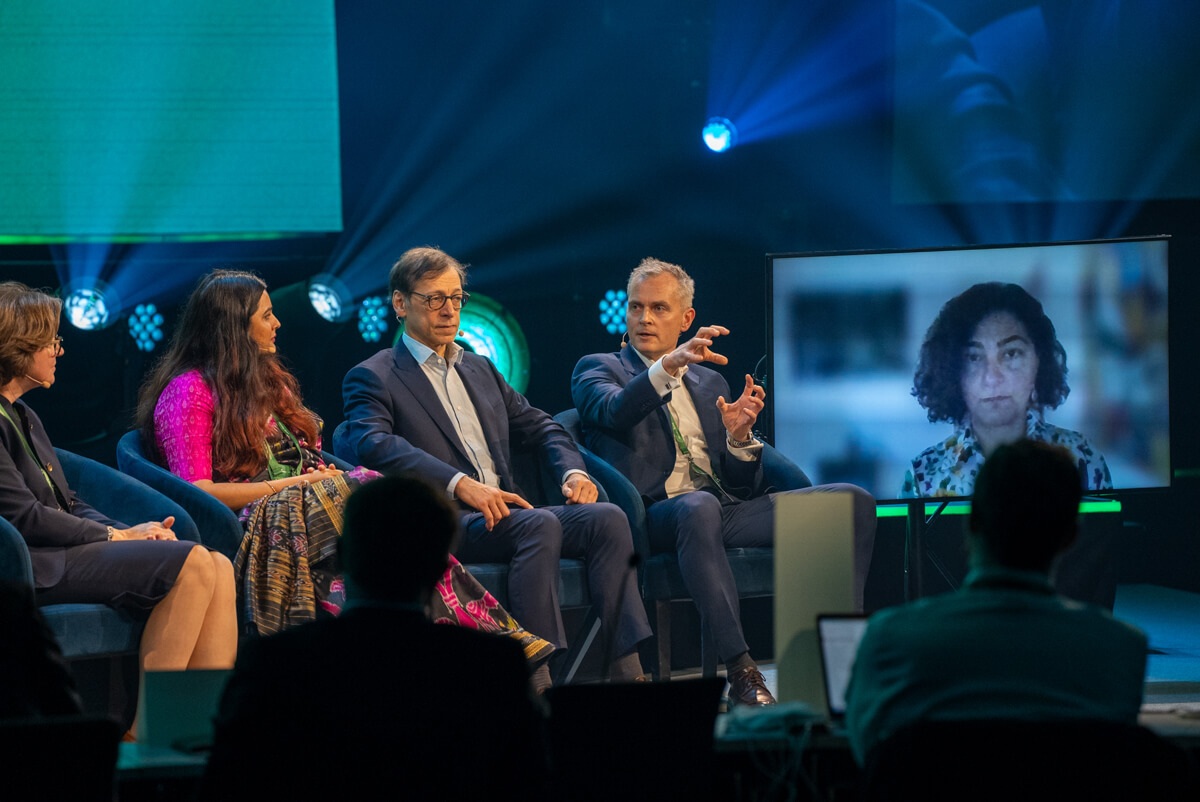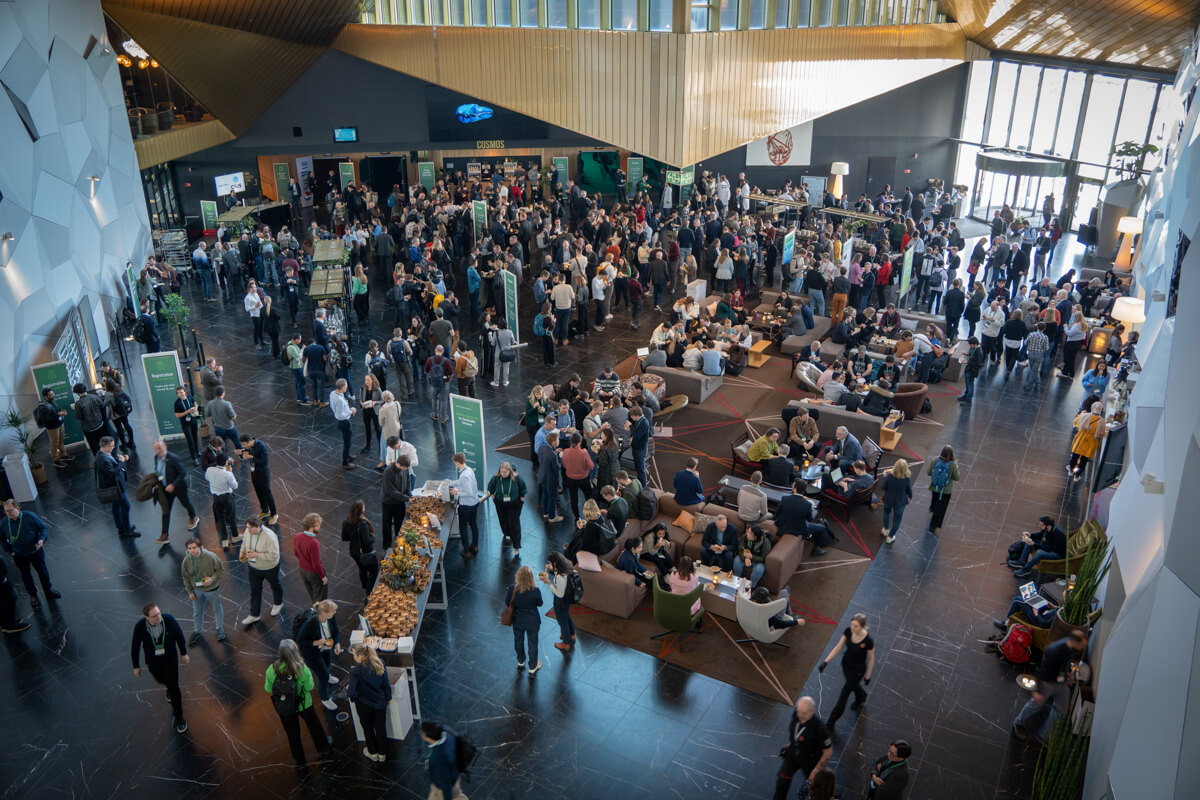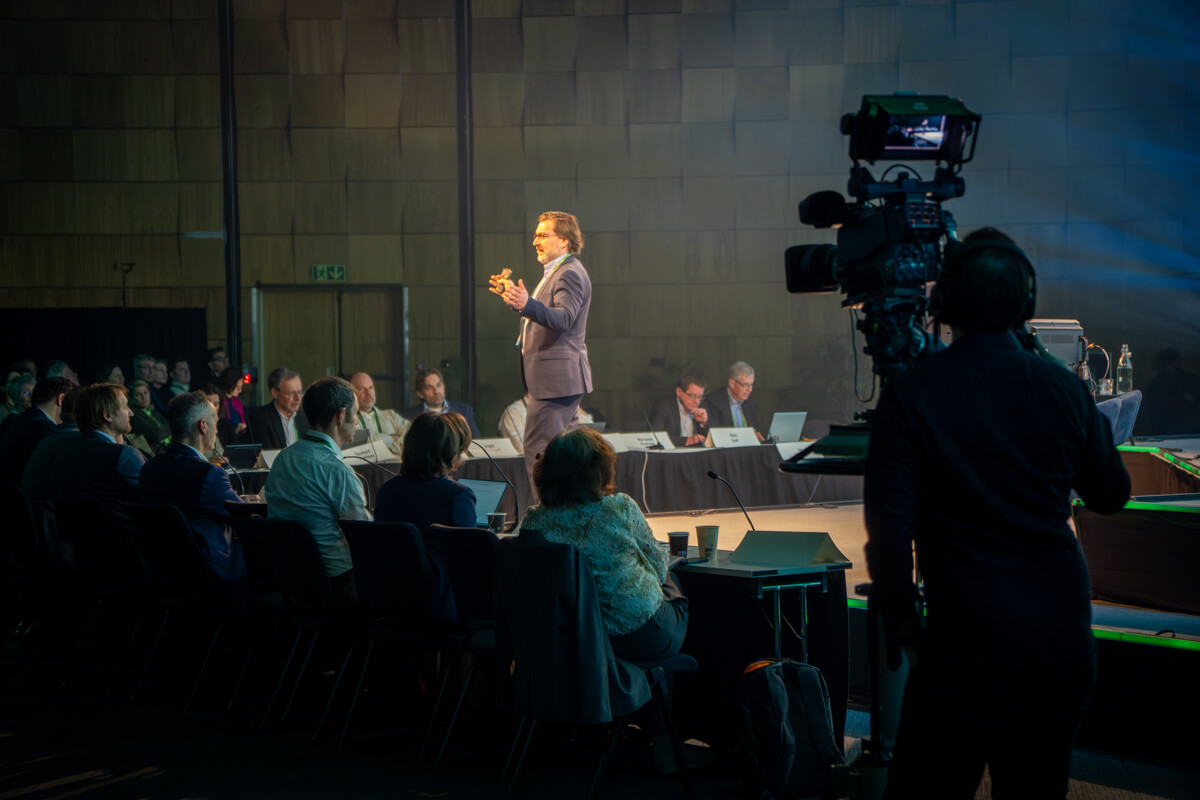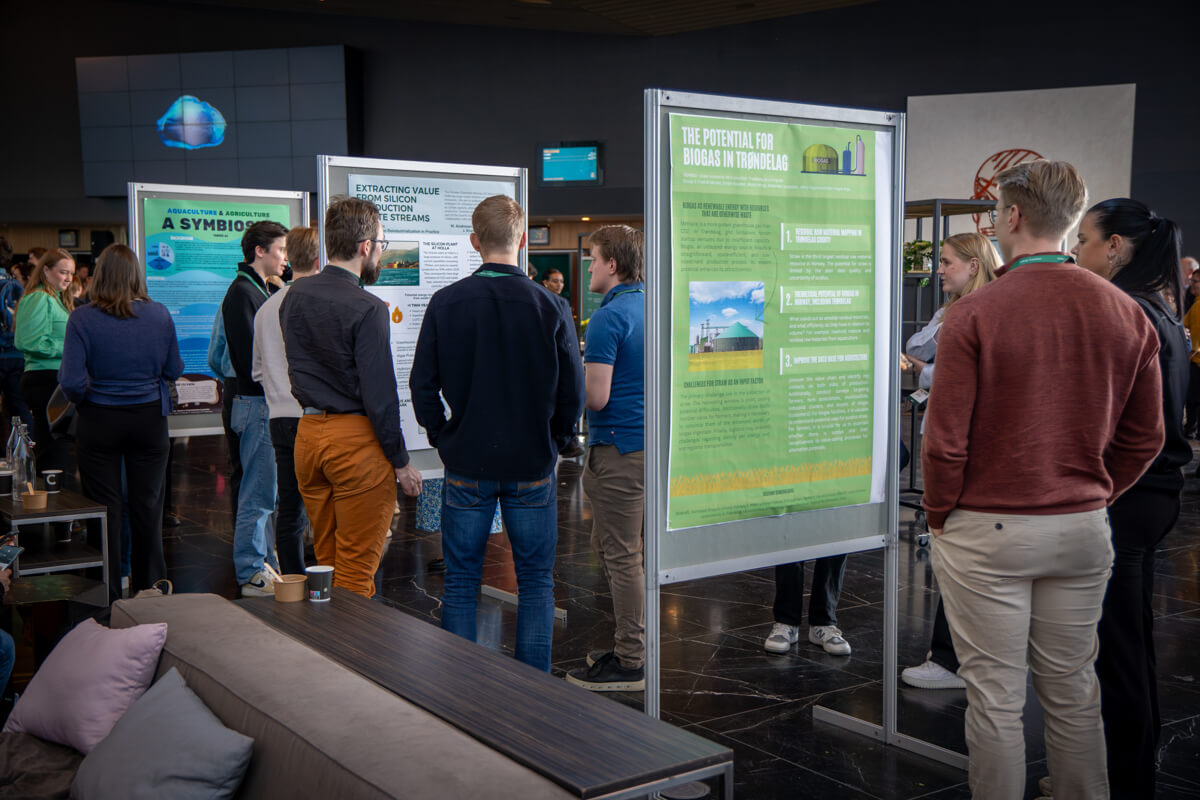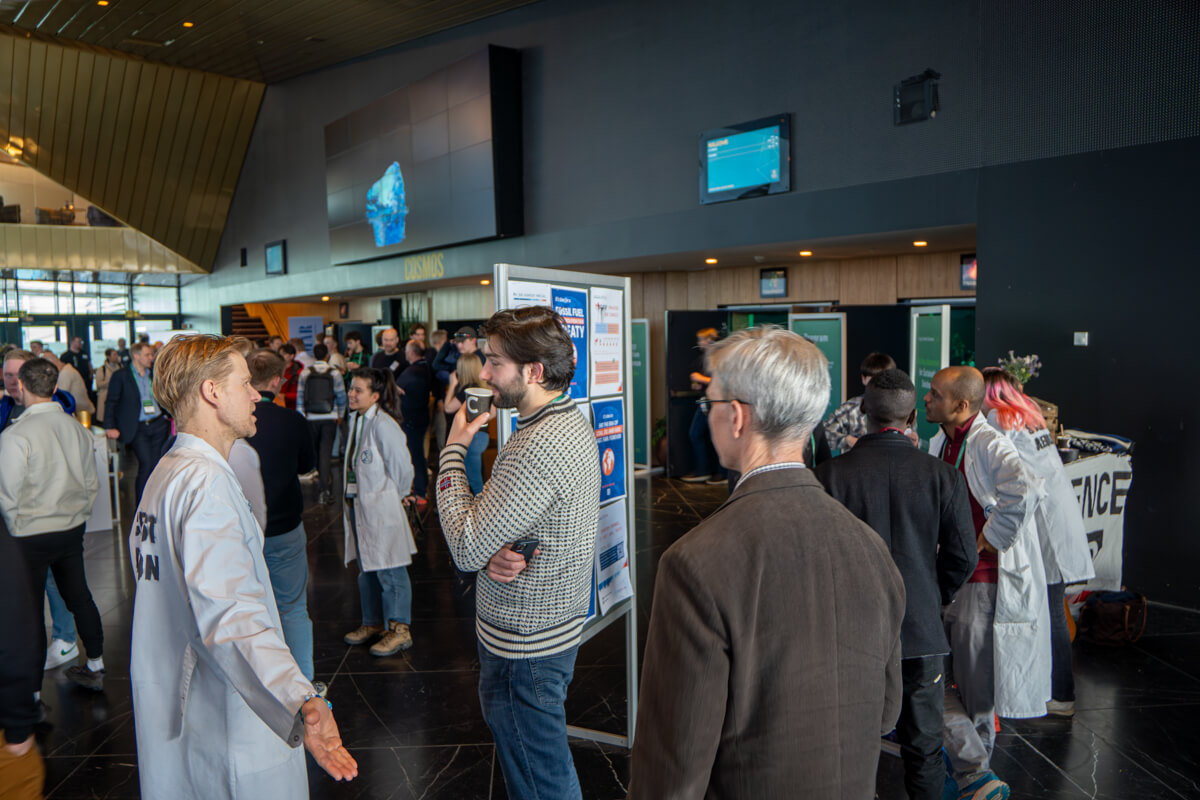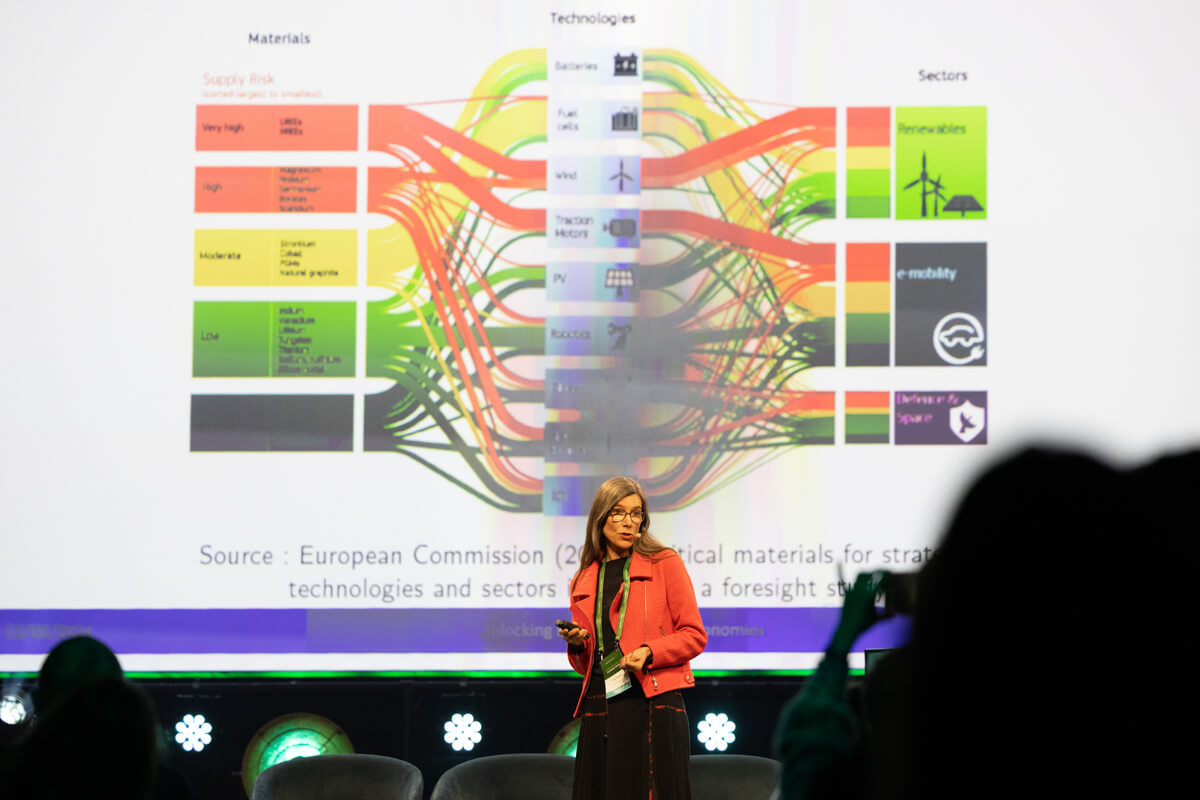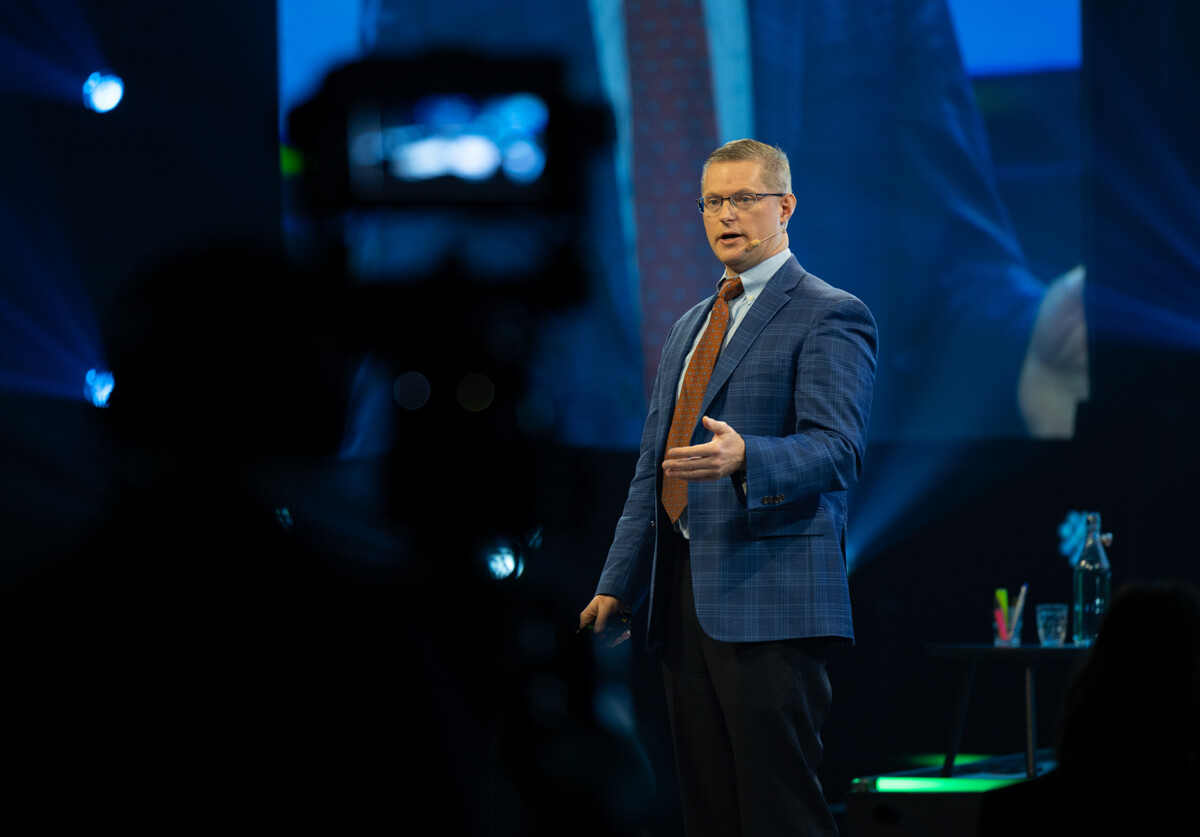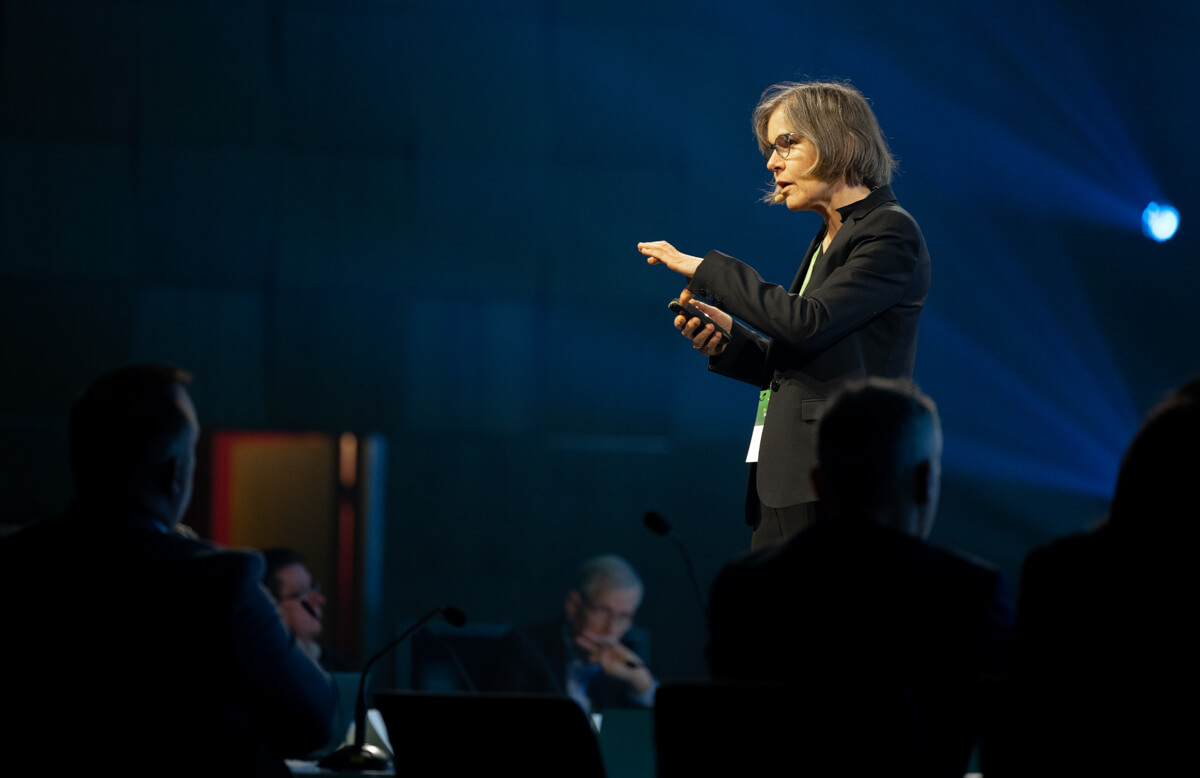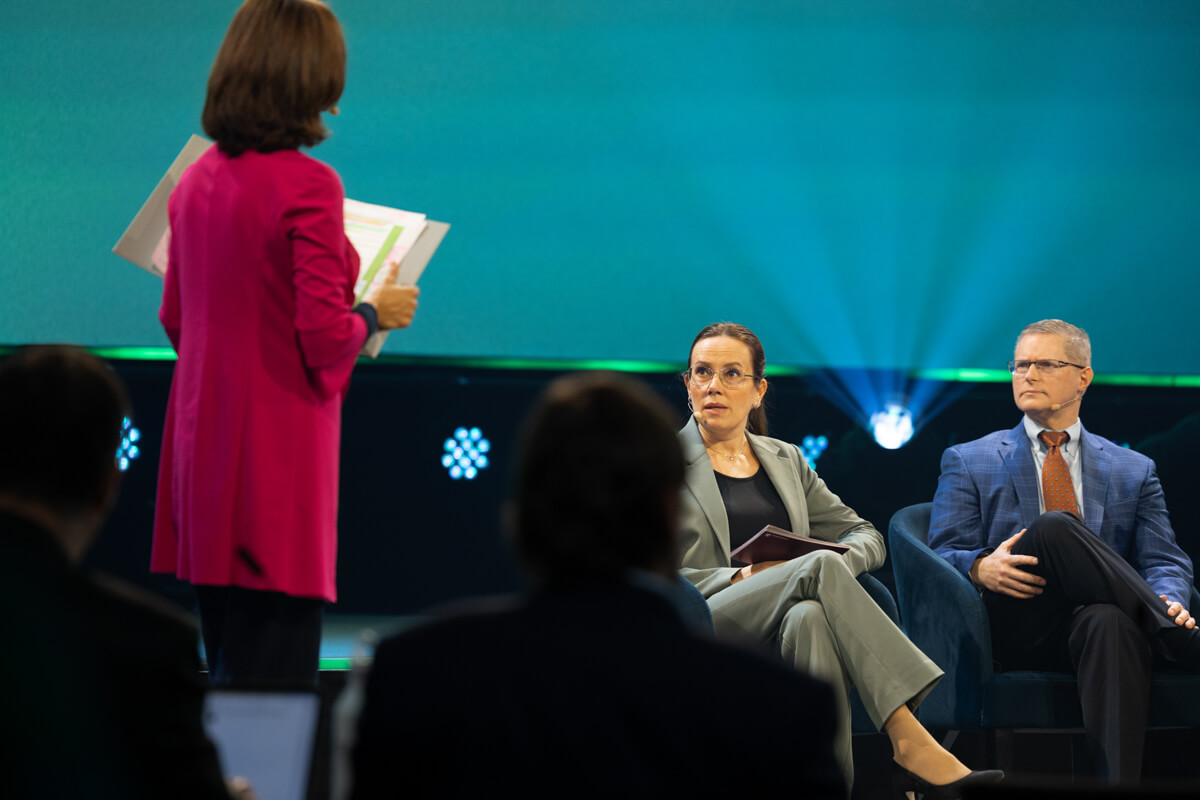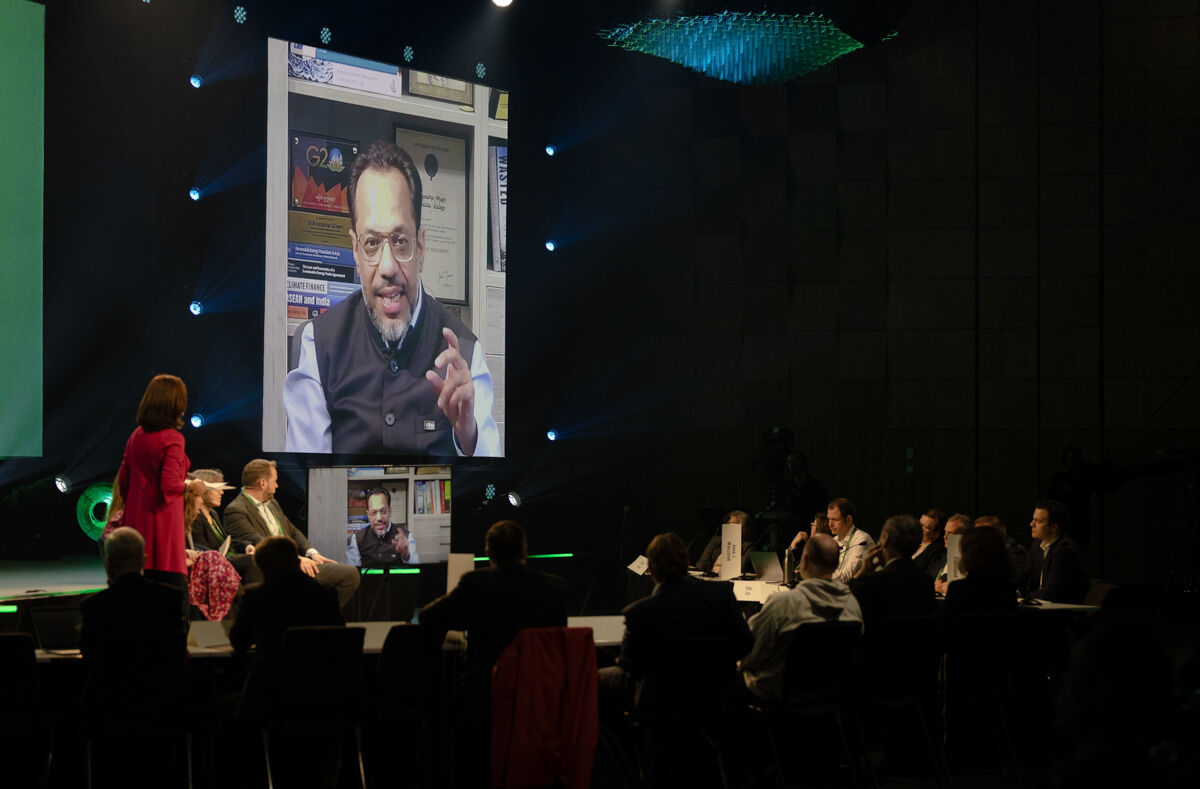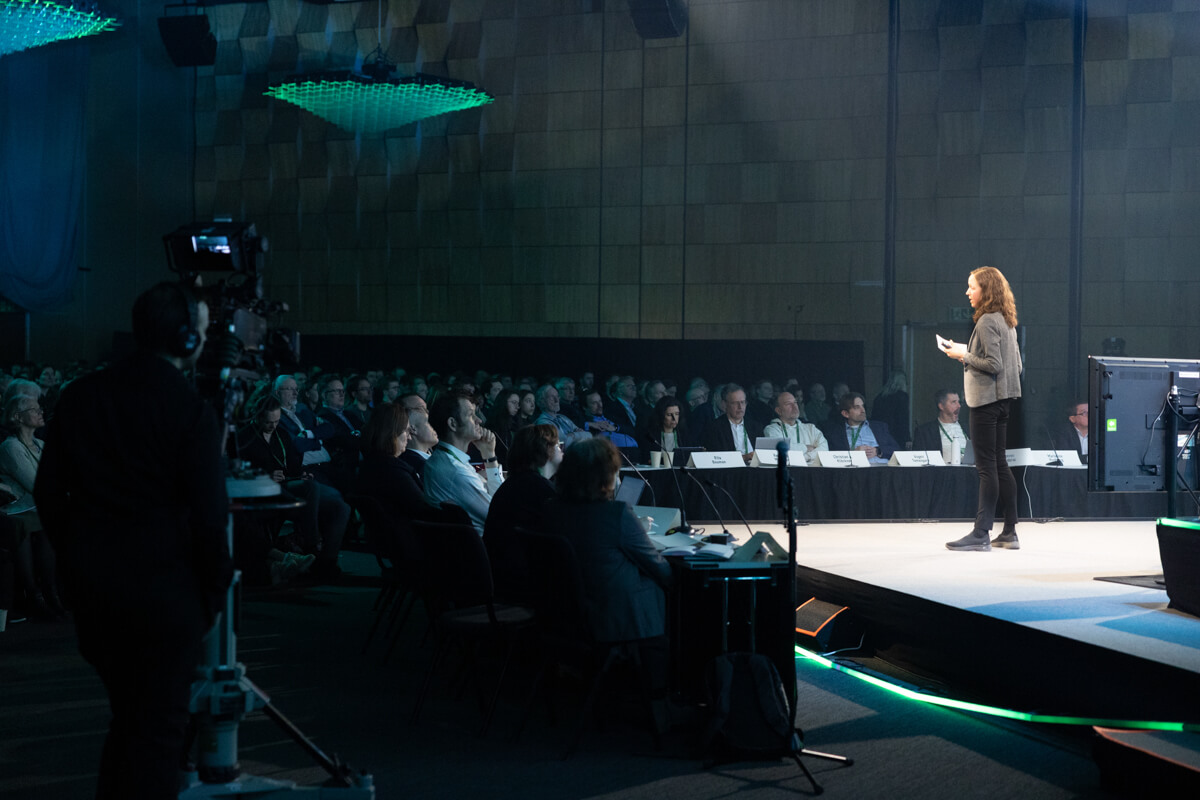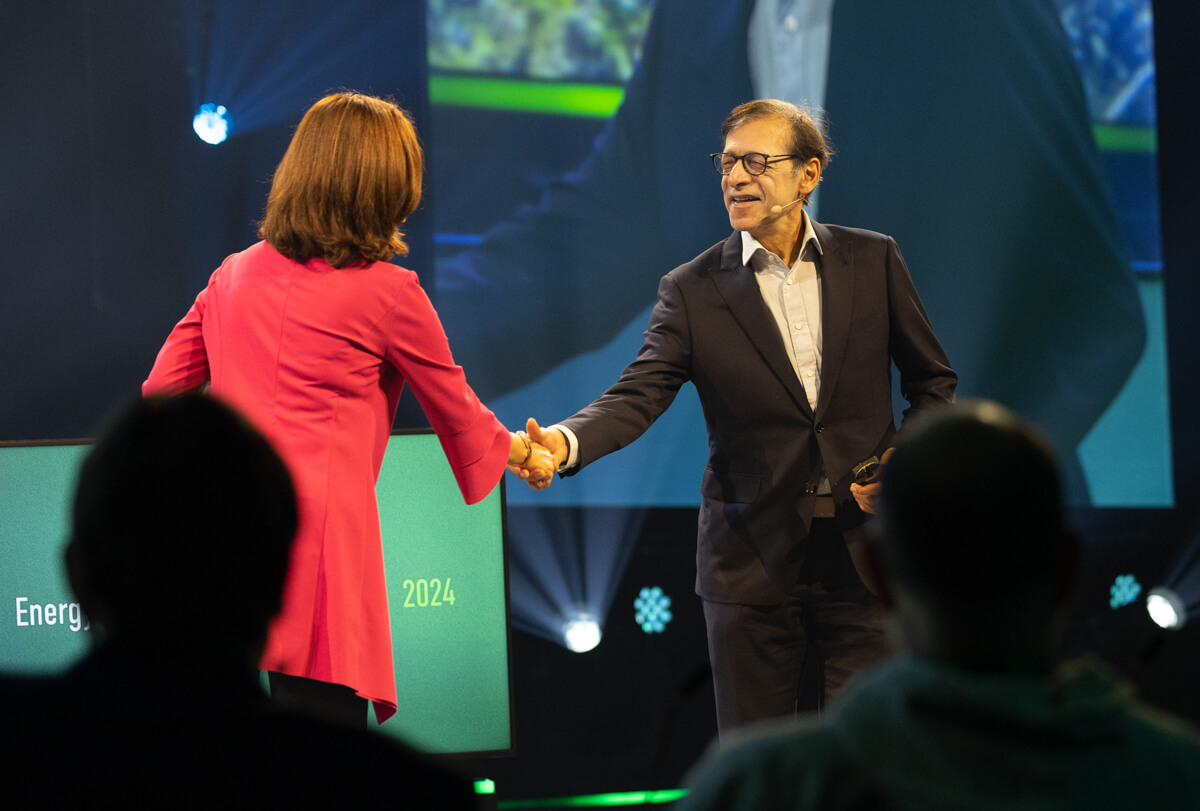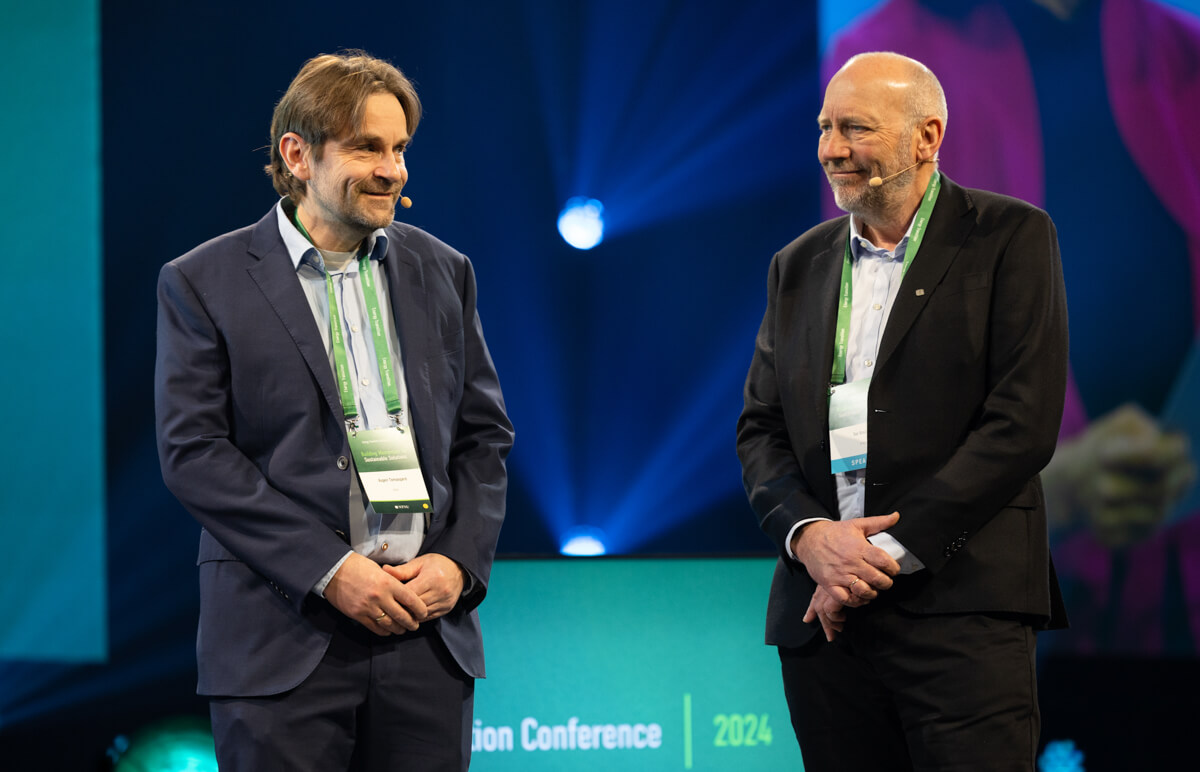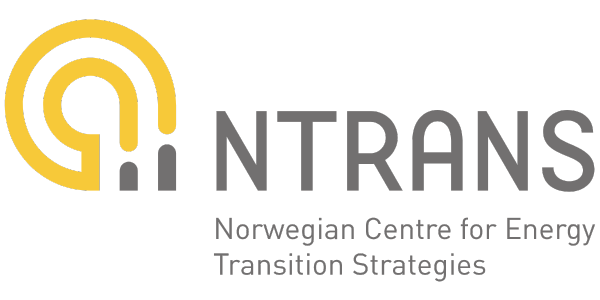NTNU Energy Transition Conference 2026
NTNU Energy Transition Conference 2026
18 March, Studentersamfundet, Trondheim
Energy Security in the Energy Transition
Consider joining the 10th NTNU Energy Transition Conference - a leading arena for dialogue on the global energy transition. Each year, the conference gathers leading voices from academia, industry, government, and civil society to discuss the pressing challenges and opportunities of moving towards a sustainable, secure, and competitive energy system.
In 2026, the conference will once again bring together international experts and Norwegian stakeholders in Trondheim to explore how research, innovation, and collaboration can accelerate the transition. Through keynote addresses, panel debates, and interactive sessions, participants will examine the choices and trade-offs that define the path ahead – from energy security and industrial competitiveness to technological breakthroughs and societal acceptance.
With a strong track record of fostering constructive dialogue between sectors and disciplines, the NTNU Energy Transition Conference is designed to spark new ideas, partnerships, and actions. Join us in Trondheim as we take on the urgent questions shaping the future of energy.
Preliminary Programme
09:00 - Welcome
09:00 - Welcome
Welcome by Tor Grande and Asgeir Tomasgard
09:15 - Synergies and Conflicts between Security and Climate Goals
09:15 - Synergies and Conflicts between Security and Climate Goals
Energy systems are now shaped by both geopolitical, decarbonization, and economic rivalry. Conflicts and trade tensions expose vulnerabilities in supply chains and investment flows, while the need to maintain affordable, low-carbon energy demands unprecedented cooperation.
At the same time, security policies, industrial strategy, and defense investments are increasingly linked to energy resilience and access to critical materials and technologies.
This session explores how national and international strategies can balance short-term supply security with long-term emission reduction, how policy and market instruments can mobilise capital while preserving affordability, and how global interdependence can be turned from risk into strength. Arctic, European, and Indo-Pacific perspectives will illustrate the complexity of aligning security and transition agendas.
Break 10:15 – 10:45
10:45 - Security Threats and how to deal with them
10:45 - Security Threats and how to deal with them
Energy security is shaped by intentional and non-intentional threats alike. This session will address cyberattacks, embedded electronics, and hybrid operations alongside natural hazards such as floods, wildfires, and blackouts.
It will discuss the economic costs of disruption, the insurance and investment implications of energy system risk, and the importance of monitoring, repair capacity, and rapid-response mechanisms that protect critical infrastructure.
Participants will consider how resilience frameworks, data security, and crisis coordination can support — rather than hinder — the shift to clean and interconnected energy systems.
Lunch 12:15 - 13:15
13:15 - Global Perspectives and Social Dimensions
13:15 - Global Perspectives and Social Dimensions
The transition plays out differently across the world. Emerging economies in Africa, Asia, and Latin America must expand access to affordable energy while reducing emissions, while advanced economies focus on decoupling growth from energy use. This session explores lessons from an international context, and examines how international finance, trade policy, and investment partnerships can support equitable progress.
It will also address polarisation and disinformation in democracies, and how citizen engagement and social inclusion can sustain public trust through periods of change.
A special focus will be on how financial instruments, green funds, and development banks can align economic growth and global security with the climate agenda.
Coffee & Tea: 14:45 - 15:15
15:15 - From Vulnerability to Resilience: Key Messages and Next Steps
15:15 - From Vulnerability to Resilience: Key Messages and Next Steps
Two concise reflections will open the session, distilling the most important insights:
On the evolving drivers of resilience and security in the global energy system, and
On the economic, social, and political conditions that determine whether transition momentum can be sustained.
A short dialogue will follow before an expert panel discusses what these findings mean for policy, investment, and international cooperation.
The conversation will focus on how societies can strengthen preparedness, maintain affordability and competitiveness, and accelerate emission reductions under conditions of strategic uncertainty.
By connecting the imperatives of security, finance, climate, and economic vitality, this closing session aims to identify the concrete priorities and partnerships needed to turn vulnerability into lasting resilience.
Closing remarks: 16:00 - 16:15
Speakers

More tba
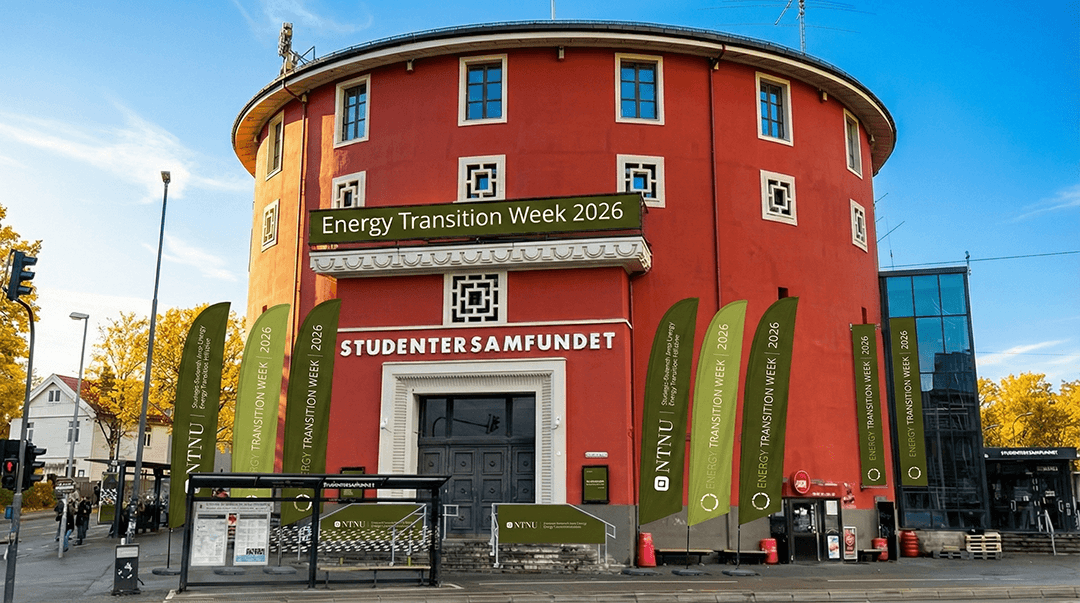
The NTNU Energy Transition Conference is an annual meeting arena for industry, policymakers, academia, and NGOs. The objective is to share the latest knowledge on the transition to sustainable energy systems, share views and translate ambitions to actions that will accelerate our pathway to a zero emission society.
The event is part of the NTNU Energy Transition Week, which also includes the dedicated workshops and other networking events.
The conference is free and open to everyone.
Need a hotel room for the week? Please use these links from rooms at either Comfort Hotel Park, or Scandic Lerkendal.
Previous conferences
- Energy Transition Conference 2025
- Energy Transition Conference 2024
- Energy Transition Conference 2023
- Energy Transition Conference 2022
- Energy Transition Conference 2021
- Energy Transition Conference 2020
- Energy Transition Conference 2019
- Energy Transition Conference 2018
- Energy Transition Conference 2017
Kontakt:
- Follow us:
- Follow us on LinkedIn
- Youtube
Expert panel:































